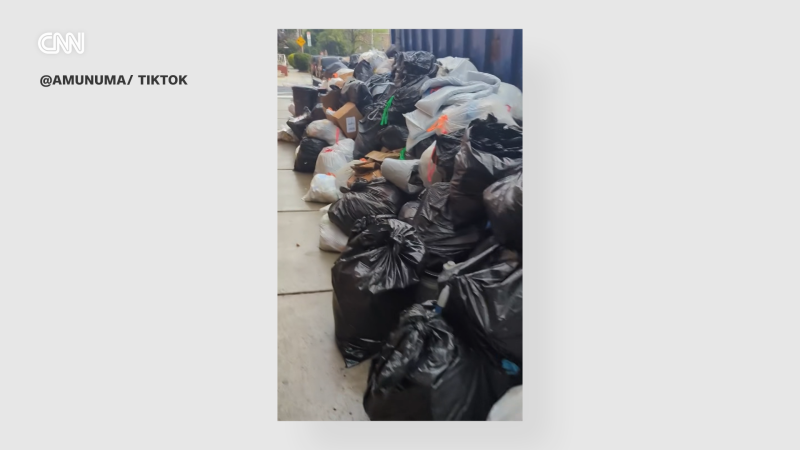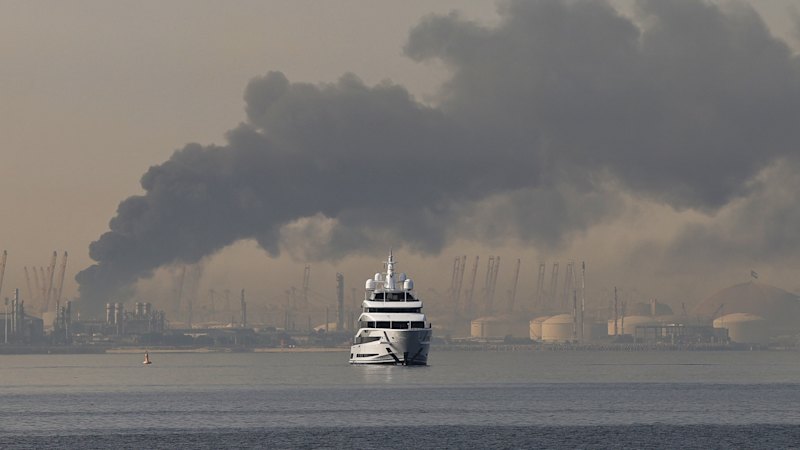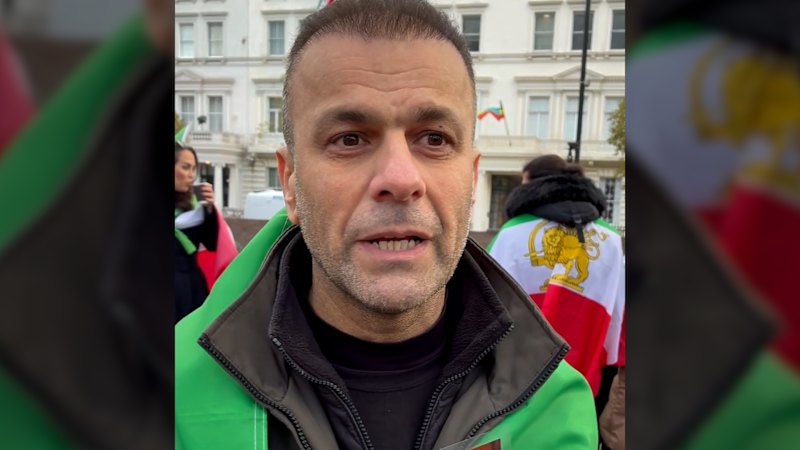
Philadelphia is grappling with an escalating sanitation crisis as one of its largest city worker unions has initiated a strike demanding higher wages and more comprehensive benefits. The strike, which began earlier this week, has resulted in mounting piles of garbage lining the city’s streets, raising concerns over public health and safety.
The striking workers, who are part of the American Federation of State, County and Municipal Employees (AFSCME) District Council 33, argue that their current compensation does not reflect the rising cost of living in the city. They are calling for a significant pay increase and enhancements to their health and retirement benefits.
Impact on Philadelphia’s Streets
The immediate impact of the strike is evident across Philadelphia, with overflowing trash bins and uncollected waste becoming a common sight. Residents have taken to social media to express their frustration and concern, sharing images of garbage-strewn streets and overflowing dumpsters.
Local businesses are also feeling the strain, as the unsightly and unsanitary conditions could deter customers. “It’s not just about aesthetics,” said Maria Lopez, owner of a small café in Center City. “The smell is unbearable, and it’s driving people away.”
Union Demands and City Response
The union’s demands include a 10% wage increase over the next two years, improved health benefits, and better retirement packages. Union leaders argue that these demands are reasonable given the city’s economic growth and the essential services their members provide.
Philadelphia Mayor Jim Kenney has acknowledged the workers’ grievances but has expressed concern over the city’s budget constraints. “We understand the importance of fair compensation, but we must also consider the financial realities we face,” Kenney stated in a recent press conference.
Historical Context and Comparisons
This strike is reminiscent of past labor disputes in Philadelphia, notably the 1986 sanitation strike, which also led to significant disruptions in city services. During that strike, garbage collection was halted for nearly a month, forcing the city to seek temporary solutions to manage waste.
According to labor historian Dr. Susan Green, “Philadelphia has a long history of labor activism, and these strikes often highlight broader issues of economic inequality and workers’ rights.”
Public Health Concerns
The accumulation of trash poses a serious public health risk, with potential increases in rodent infestations and the spread of disease. Health officials are urging residents to properly secure their waste and avoid leaving food scraps exposed.
“The longer the trash remains uncollected, the higher the risk of health hazards,” warned Dr. Emily Carter, a public health expert at the University of Pennsylvania.
City officials are exploring contingency plans, including hiring private contractors to manage waste collection temporarily. However, such measures could prove costly and may not fully address the problem.
Looking Ahead
As negotiations between the union and city officials continue, the resolution of this strike remains uncertain. Both sides have expressed a willingness to return to the bargaining table, but significant differences remain.
Residents and business owners alike are hopeful for a swift resolution. “We just want to see our city clean and vibrant again,” said Thomas Nguyen, a local resident. “It’s tough for everyone right now, but we hope a fair agreement can be reached soon.”
The outcome of these negotiations could have lasting implications for labor relations in Philadelphia, potentially setting a precedent for future contract discussions with other city unions.






